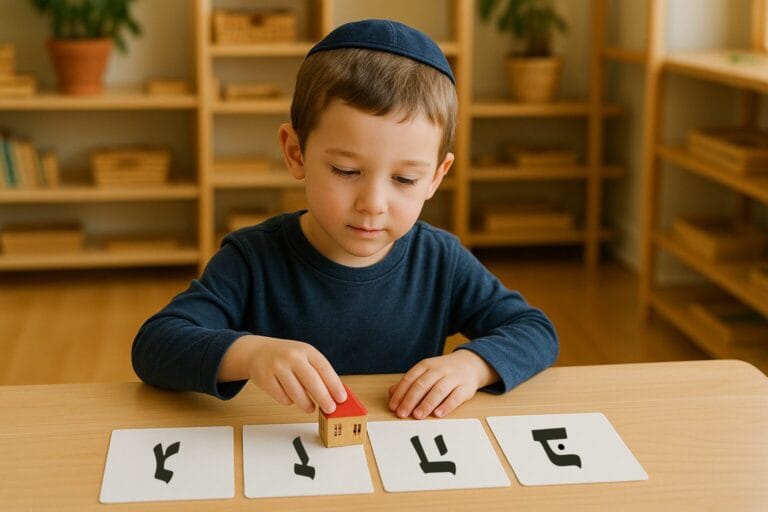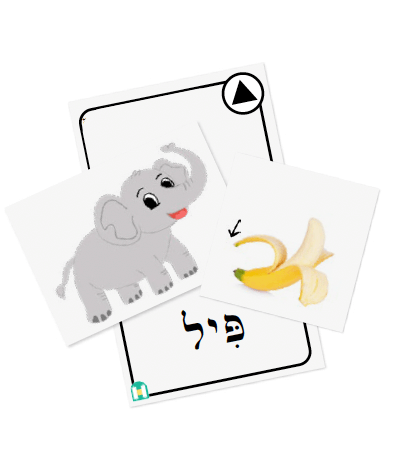
Does Your Child Need Extra Help Learning to Read Hebrew?
At Hebrew Scouts, we believe that every child can learn to read Hebrew in a way that is accessible, enjoyable, and meaningful. Whether your child
Welcome to our Hebrew Literacy blog library! Here, you’ll discover a treasure trove of insights, tips, and tools to support your journey as a Hebrew literacy educator. Explore our collection of articles, where we delve into the science of Hebrew reading, Torah study, and practical teaching strategies.

At Hebrew Scouts, we believe that every child can learn to read Hebrew in a way that is accessible, enjoyable, and meaningful. Whether your child

Once children learn how to read, they can begin reading to learn. But for second-language learners—or even for young native speakers—this transition doesn’t happen automatically.

If you’ve ever hesitated to use pictures while teaching children to read, you’re not alone. Many educators—especially those grounded in structured literacy and the science

What makes a foundation strong? Whether in construction, spiritual life, or education, a lasting structure requires the right starting point. Jewish law teaches us a

A Legacy of Strength & Courage The lion holds a powerful place in Judaism, symbolizing strength, courage, and divine protection. It is the most frequently

What is orthographic mapping in Hebrew? Why is it important? How do children achieve it? The fundamental first task of learning to read is decoding.

When teaching Kriah, even the smallest detail can make a big difference. Missing a crucial detail such as providing feedback or opportunities to correct errors, can lead to repeated errors, forming habits that are hard to break.
At Hebrew Scouts, our mission is to make Hebrew literacy accessible and enjoyable for all children. That’s why I’ve written a new blog post to ensure that the obvious is, well, obvious!
Read on to discover the importance of correcting errors in Kriah instruction and how to do it effectively.

The Orton-Gillingham approach has transformed English literacy intervention, but can its principles be successfully applied to teaching Hebrew as a second language? While the approach’s

It is not necessary to wait until a child learns all the letters before beginning reading word and stories.
Get notified about releases and promotions